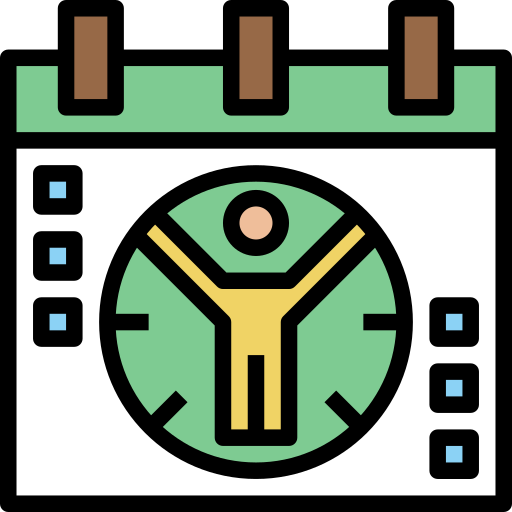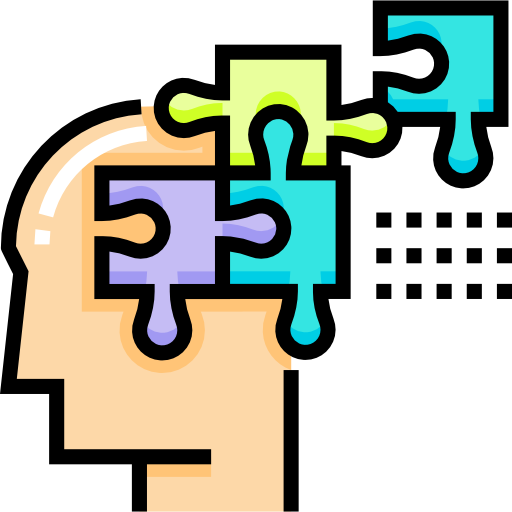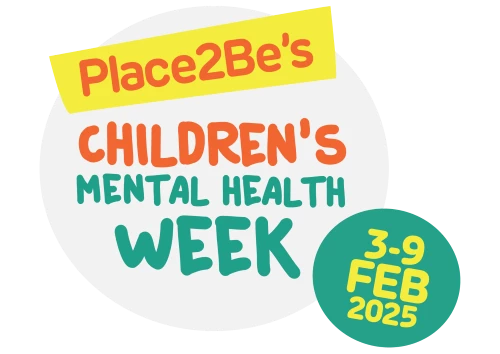Our Wellbeing Vision and Policy
Helpful Documents and Links
- Me and my Mental Health booklet
- TAS and EH information
- A Parents Guide to Support Services
- Informative support from PACT
- Parents’ Guide: How to navigate social Media safely with your kids
- Supporting Anxious Children
- Wellbeing Support for children, young people and parents/carers in Stockport
- Free support in Stockport for parents
- Free support in Stockport for under 18s
- 5 Ways To Feel Good – Healthy Stockport
- STRESS
- Living Life To The Full toolkit
- Mental Health and Emotional Wellbeing Directory Stockport
- www.ygam.org is a charity which signposts support and resources if you are worried about the amount of time spent gaming or gambling.
- Children in grief: 10 things to expect (and how you can help)
- Parent/Carers help and advice to families who have a child or young person with a disability
- Resources for families – support for emotional wellbeing and behaviour
- Transforming Children’s Lives – EPEC
- Stockport’s Solihull Approach – Free Stockport Resident Courses
- Invest in Play Parent Programmes
- Anti-bullying information tool – FREE interactive online information for parents and carers
- My Self-Care Plan
- Social Media Guidance
- Black Lives Matter – A Parents Guide
- Ambitious about Autism – Resources to Understand Race and Racism
- Ambitious about Autism – Racism Explained
- Mental Health First Aiders and Champions
- Hello! Meet Alex from MHST
- A Guide for Parents & Carers – How to speak to your children about their feelings

Essential Parent is an online library of videos, articles and
other information to support parents and carers of babies,
children and teenagers in all aspects of health and wellbeing.
Anyone is welcome to sign up and use these resources – both
staff and parents / carers. For secondary schools and colleges
there is also a section for young people themselves to access.
Sign up is now available directly on the website:
https://gmca.essentialparent.com/ecare/start
Top Tips to Support Your Child’s Mental Health
According to the BBC website, the lockdown has seen an increase in children under 11 seeking counselling, according to charities such as Childline and NSPCC.
In a short and informative video, which you can watch by clicking here, Educational Psychologist, Abigail Wright, shares five tips to help parents keep their children’s mental health on track including:

Listen to your children – often we can feel as parents and carers that it’s up to us to provide all the answers. Tuning into what our children are telling us, however, either verbally or through non-verbal cues, can enable us to find out what is troubling them and how to help.

Keep friendships going – after lockdown, we’ve got used to different methods of socialising whilst keeping our distance from each other, it’s important to look at different ways of maintaining emotional connections with others. Whilst that might involve using technology in a safe and appropriate way, it might also mean writing postcards or talking on the telephone.

Create memories and life experience – we may worry that our children have missed out on many things during the lockdown but, for a child, simply reading a story or playing board games together can create lasting happy memories. Abigail Wright said that lockdown is an opportunity to consolidate the foundations of love, safety, play and memories for our children. So continuing these where possible, is key.

Keep to a routine without it being too rigid – regular daily activities can help children feel safe and secure and give a sense of order to the day. Abigail Wright cautions against making the routine too prescriptive, however, as not every day will go to plan and we need to be flexible.

Take care of yourself – as parents and carers, we need to make sure we look after our own mental health and well-being too. If we are feeling positive, it helps us to support our children. Abigail Wright talks about making sure we ‘fill our cup’ and accept that we don’t have to be perfect parents. She refers to D.W. Winnicott’s theory of ‘good enough parenting’ which helps to relieve the pressure on parents and carers.
Further information – Mind provides information about Five Ways to Well-Being, which you might also find useful to read.
Where to go for support
If you are concerned about your own mental health and well-being, you can read more about how to access further advice and support by clicking here to visit Mind’s website.
Mind states that despite the pandemic, the NHS is still encouraging people to come forward for support with mental health and well-being, with the GP cited as the first port of call.
If you have any concerns about your child/ren’s mental health, you can get more information and advice by visiting chums.uk.com, the Mental Health and Emotional Wellbeing Service for Children and Young People.
You can also contact your child’s class teacher to raise any mental health and well-being concerns by messaging on ClassDojo, alternatively you can E-mail Mrs Boardman or Mr Campen.
Helpful documents
There are a number of useful links below to help parents with their child’s wellbeing and also with their own wellbeing.

Find You Brave – Children’s Mental Health Week
The week is an opportunity to shine a spotlight on children and young people’s mental health.

WiseUp – Prioritising Wellbeing in Schools
We want to see a world where no young person feels alone with their mental health, and all young people get the mental health support they need, when they need it, no matter what.

Improving Mental Health
Self Help provide a range of support, services and opportunities, across the North West of England, for people living with mental health problems such as anxiety, depression, phobias and panic attacks.
Mindfulness for Children
- 7 Fun Ways to Teach Your Kids Mindfulness
- 11 Ways to Teach Mindfulness to Kids
- Mindfulness for Children apps
Help for Adults
- Guide for Parents
- Parent Websites
- Wellbeing
- Resilient Rutland – A brilliant set of 12 videos for parents supporting Children and Young People with mental health and wellbeing/including lots for teens.
Wellbeing Letters
 Contact us
Contact us






